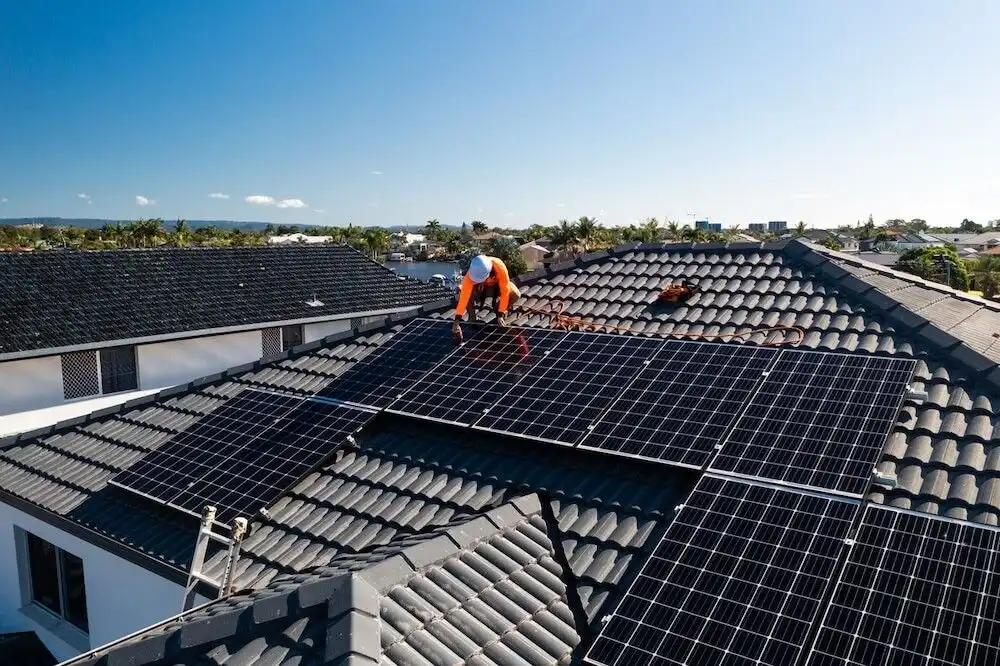How to avoid capital gains tax on an investment property
If you’re selling an investment property in Australia, either avoiding or reducing your capital gains tax (CGT) has come to mind. Besides the usual stuff like agent fees and advertising costs, how much tax you pay also plays a large part in how much money you get to keep in your pocket after selling.
While it might not be the most exciting topic, understanding how to manage and potentially reduce these taxes is crucial for any home seller. Here's the good news: in some cases, you might not have to worry about it, or you could find yourself paying less for it. It all depends on your unique situation.
In this article, we'll break down the ins and outs of avoiding or reducing CGT when you sell an investment property. So, if you want to navigate the Australian tax maze without breaking a sweat, read on.
How to avoid capital gains tax in Australia
Selling a primary place of residence (PPOR)
If you’re selling a house that’s been your primary residence for at least 6 months from the settlement date, you may be exempt from capital gains tax. This rule recognises that your primary residence is not typically an investment property meant for profit but rather a place for you and your family to live.
For the home to be considered a PPOR, you must ensure:
- You have lived in the home for at least 6 months
- You have lived in the home for the full duration since you bought it
- The home’s utilities are in your name
- Your possessions are kept at that home
- The home’s address is used for postal mail
6-year rule capital gains tax exemption
The 6-year rule in Australia allows you to treat a property you own as your primary residence as mentioned above, for tax purposes, even if you're not living in it. This means that when you sell the property, you may not have to pay capital gains tax (CGT) on any profit you make from the sale.
With the 6-year rule, you can keep enjoying the CGT exemption for up to 6 years, even if you're renting out the property during that time. Ideally, you’d want to sell within this time frame for a tax-free sale.
This rule exists to help people who can't live in their home for various reasons, like work or travel, to avoid paying extra tax when they eventually sell.
It’s important to note that you can only apply this rule to one property at a time and not be using another property as your main residence. Furthermore, you must show that you have moved out of this property for valid reasons such as travel or work commitments.
Check the property’s date of purchase
If you acquired the property before 20 September 1985 you won’t have to pay any capital gains tax when selling. This is the date that CGT was introduced, meaning that any assets bought before this date are exempt.
You can read more about this here.
How to reduce capital gains tax
If you aren't exempt from paying CGT, there are still some ways to reduce or minimise the amount of tax you have to pay on your investment property. They are listed below:
Live in the property for at least 1 year
By living in the property for at least one year, only 50% of your capital gain is subject to tax. On the other hand, selling your home within 1 year of purchase means that 100% of your capital gain is susceptible to tax.
Increase your property’s cost base
Having a higher property cost base means you have capital to ‘reduce’ your capital gain, meaning you pay less in CGT.
The cost base refers to the money required to acquire, hold, and dispose of an investment property including things like legal fees and your agent's commission.
Use other capital losses as deductions
If you’ve incurred capital losses from other investments like stocks or shares, you can use these losses to offset the capital gains from the sale of the property. This can reduce your overall CGT liability.
How long do you need to live in a house to avoid capital gains tax in Australia?
If you’ve lived in a home for at least 6 months and it is your primary place of residence (PPOR), you can avoid paying capital gains tax on it. However, make sure to double-check that you meet all the requirements for your home to be considered your PPOR.
If your home doesn’t qualify as a primary place of residence, you will need to live in the house for at least 1 year to pay less in capital gains tax when selling. Otherwise, the entirety of your capital gain is subject to tax.
How to avoid capital gains tax on inherited property
If you’ve inherited a property and later decide to sell or dispose of it, you may be exempt from paying capital gains tax.
Some of the conditions for a full exemption include:
- The deceased was an Australian tax resident; and
- The home was the deceased’s main residence for the entire period and not used for investment or income-producing purposes; and
- The person inheriting the property continues to live in the main residence from the date of death or sells the house within two years from the date of death.
To find out if you qualify for an exemption on inherited property, this article from the ATO can be useful.
Can you reduce capital gains tax with superannuation contributions?
If you satisfy certain requirements, you may be able to use your superannuation contributions as a means to reduce capital gains tax.
This is done by using your superannuation contributions as a tax deduction, ultimately offsetting the taxable capital gain you would normally have to pay.
This deduction can be applied to offset either a portion or the entirety of your taxable capital gain, making your CGT obligation much easier to fulfil.
Be sure to speak to your superfund for more information.








